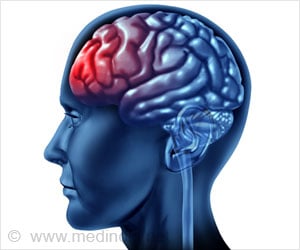Progranulin signaling may be a potential therapeutic target for neuropsychiatric disorders.

TOP INSIGHT
Progranulin is a protein known to be involved in certain forms of dementia that also plays a role in synapse elimination in the developing cerebellum.
The research team was led by Masanobu Kano, professor in the Department of Neurophysiology at the Graduate School of Medicine at the University of Tokyo.
The authors published their results in the journal Neuron.
In a typically developing brain, a type of neuron called a Purkinje cell is furnished with climbing fibers. "Among multiple climbing fibers innervating each Purkinje cell in the neonatal cerebellum, a single climbing fiber is strengthened and maintained throughout an animal's life, whereas the other climbing fibers are weakened and eventually eliminated," Kano says. "Our goal was to identify a new molecule involved in strengthening and maintaining single climbing fiber inputs."
Kano and his team found that progranulin - a protein known to be involved in certain forms of dementia - also works to maintain developing climbing fiber inputs, counteracting the initial elimination. They studied a mouse model engineered without progranulin and found that climbing fibers were more quickly eliminated and climbing fiber input overall was significantly reduced.
Although the researchers do not yet know how to effectively manipulate the molecule, it's possible that progranulin signaling may be a potential therapeutic target for neuropsychiatric disorders.
Source-Eurekalert
 MEDINDIA
MEDINDIA




 Email
Email






